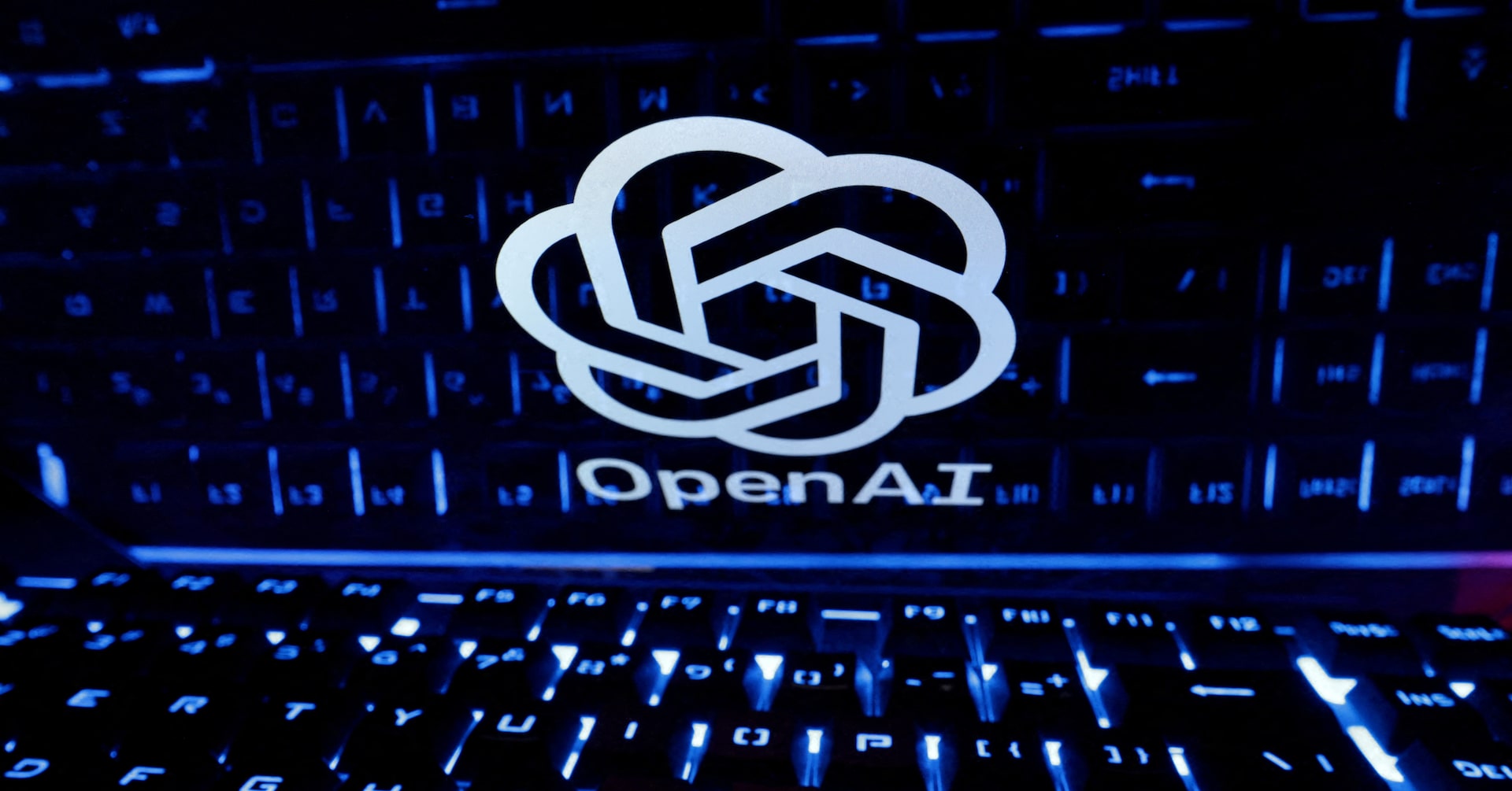
Connecticut currently has nearly 80,000 job openings, according to the state’s Department of Labor. However, job seekers report that securing a position is more difficult than the numbers suggest, with many pointing to artificial intelligence (AI) as a significant barrier in the recruitment process.
Amanda Augustine, a career expert, notes that more than 80% of U.S. companies now use some version of AI in their hiring workflows. This can include resume-scanning software, automated assessments, and AI-driven interview tools. While these systems are designed to improve efficiency and consistency, they can also inadvertently filter out qualified candidates.
AI tools typically evaluate resumes and applications based on keyword matching, employment history, and other structured data. Applicants who do not format their resumes in AI-friendly ways or use the specific language required by the algorithms may be overlooked, even if they are qualified for the position.
This evolution in hiring technology comes amid a broader shift in the job market. Many employers report difficulty finding suitable employees even as job seekers remain unemployed or underemployed. Critics argue that AI may be reinforcing biases or creating new forms of discrimination, especially for older workers or those with non-traditional career paths.
Career advisors encourage applicants to tailor their resumes to each job description, use exact keywords from the posting, and ensure proper formatting to increase their chances of getting past automated screening tools. Additionally, networking and personal referrals remain crucial avenues to bypass AI filters and connect directly with hiring managers.
As the use of AI in hiring continues to grow, both job seekers and employers are adapting to a new employment landscape—one where technology plays a central role in shaping the workforce.
Source: https:// – Courtesy of the original publisher.








